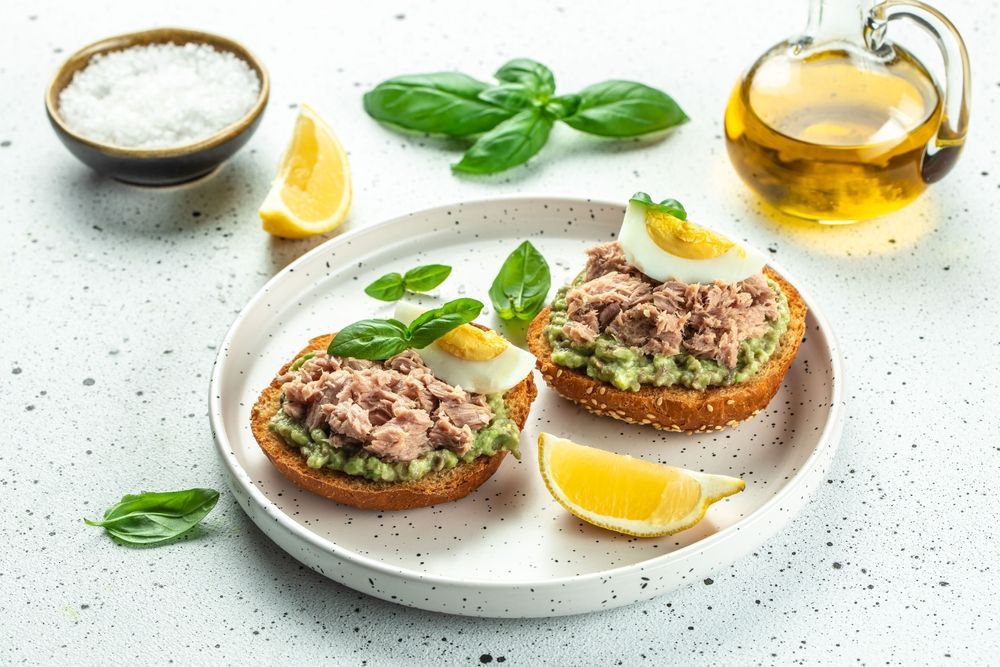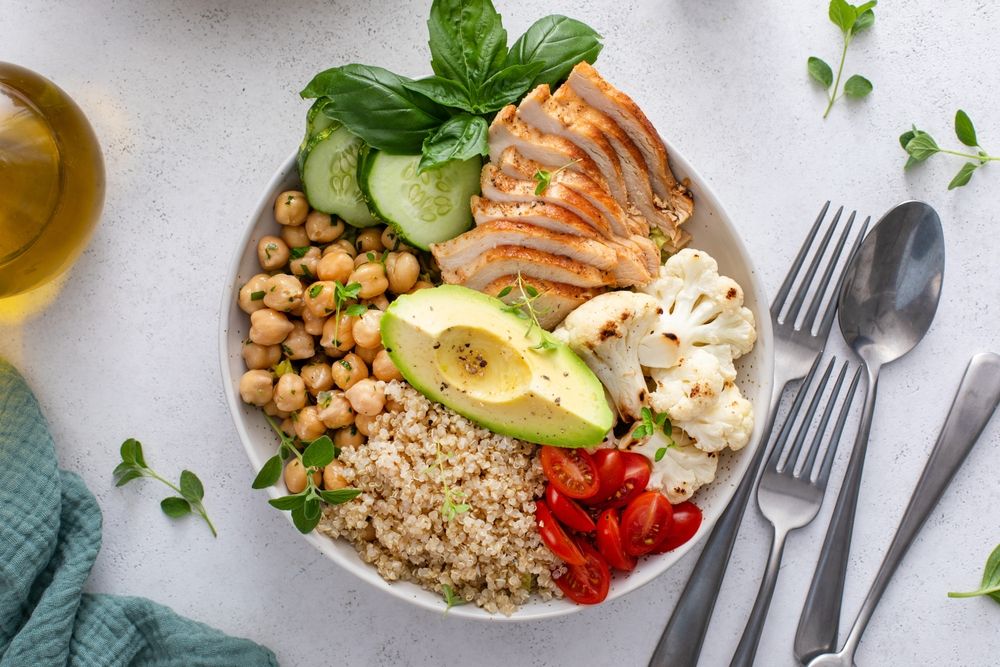Food cravings can strike at any time, often leading to unhealthy eating habits and overindulgence. While it’s natural to crave certain foods, managing these cravings in a healthy way can help maintain balanced nutrition and overall well-being. Instead of giving in to every urge, here are some effective strategies to handle food cravings while staying on track with your health goals.
1. Identify the Root Cause of Your Cravings
Cravings can stem from various factors, including emotional stress, dehydration, lack of sleep, or even nutrient deficiencies. Before reaching for a snack, take a moment to assess whether you’re truly hungry or if something else is triggering your desire for food.
- Emotional cravings often arise from stress, boredom, or sadness. Instead of eating, try journaling, deep breathing, or engaging in a hobby.
- Dehydration can sometimes be mistaken for hunger. Drink a glass of water and wait a few minutes to see if the craving subsides.
- Nutrient deficiencies may cause specific cravings, such as a desire for chocolate due to magnesium deficiency or salty foods due to electrolyte imbalance.
2. Prioritize Balanced Meals
Eating well-balanced meals with a combination of protein, fiber, and healthy fats helps regulate blood sugar levels and prevents sudden cravings.
- Protein-rich foods (chicken, fish, tofu, eggs) help keep you full longer.
- Fiber-rich foods (vegetables, whole grains, legumes) slow digestion and reduce hunger spikes.
- Healthy fats (avocados, nuts, olive oil) promote satiety and curb cravings for unhealthy snacks.
Starting your day with a nutrient-dense breakfast can set the tone for fewer cravings throughout the day.
3. Swap Unhealthy Cravings for Healthier Alternatives
If you’re craving something unhealthy, find a nutritious alternative that satisfies your taste buds without the extra calories and sugar.
- Craving sweets? Opt for fruit with a drizzle of dark chocolate or Greek yogurt with honey.
- Want something salty? Try roasted nuts or air-popped popcorn with light seasoning.
- Need something crunchy? Choose raw veggies with hummus or homemade baked chips.
These swaps allow you to enjoy your food while maintaining a healthy diet.
4. Stay Hydrated
Sometimes, thirst masquerades as hunger, leading to unnecessary snacking. Make sure you’re drinking enough water throughout the day to avoid mistaking dehydration for cravings.
- Start your day with a glass of water.
- Keep a reusable bottle with you to sip frequently.
- Add lemon, cucumber, or mint to make water more enjoyable if plain water feels boring.
Herbal teas and infused water can also be great alternatives for those who struggle to drink enough.
5. Manage Stress Levels
Stress often triggers cravings for comfort foods high in sugar and fat. Learning to manage stress effectively can help reduce emotional eating.
- Practice mindfulness through meditation, deep breathing, or yoga.
- Engage in regular physical activity to release endorphins and combat stress.
- Get enough sleep to regulate hunger hormones and reduce cravings.
By addressing stress at its source, you can prevent unhealthy cravings before they start.

6. Eat Mindfully
Mindful eating helps you become more aware of your body’s hunger and fullness signals. Instead of eating out of habit or boredom, practice being fully present while eating.
- Eat slowly and savor each bite.
- Avoid distractions like watching TV or scrolling on your phone while eating.
- Check in with your hunger levels before reaching for a snack.
This approach can help you recognize when you’re eating for nourishment versus eating out of impulse.
7. Plan and Prep Healthy Snacks
Having nutritious snacks readily available makes it easier to resist unhealthy temptations. Keep a variety of healthy options on hand to curb cravings in a smart way.
- Pre-cut fruits and vegetables for quick access.
- Store portioned nuts or trail mix in small bags.
- Keep protein bars or homemade energy bites as convenient options.
By planning ahead, you reduce the chances of making impulsive unhealthy choices.
8. Get Enough Sleep
Lack of sleep can disrupt hunger-regulating hormones, leading to increased cravings for sugary and high-carb foods. Prioritize quality sleep by:
- Sticking to a consistent sleep schedule.
- Avoiding caffeine or screen time before bed.
- Creating a relaxing bedtime routine to wind down.
With better sleep, your body will naturally regulate hunger and cravings more effectively.
9. Practice Portion Control
If you still want to indulge in your cravings, do so in moderation rather than restricting yourself completely, which can lead to binge eating later.
- Use smaller plates to control portions.
- Portion out snacks instead of eating straight from the bag.
- Savor each bite and eat slowly to enjoy the treat without overindulging.
A little indulgence is perfectly fine as long as it’s balanced with healthy choices.
10. Build Sustainable Eating Habits
Handling food cravings in a healthy way is about long-term habits rather than temporary fixes. Focus on making gradual changes that become part of your lifestyle.
- Listen to your body’s hunger and fullness cues.
- Allow yourself occasional treats without guilt.
- Focus on an overall nutritious diet rather than strict restrictions.
A balanced approach ensures that you can enjoy food without letting cravings control your eating habits.
Food cravings are natural, but how you respond to them determines their impact on your health. By staying mindful, choosing healthier alternatives, and maintaining balanced eating habits, you can manage cravings without sacrificing your wellness goals. Small, consistent steps can help you develop a healthier relationship with food while still enjoying your favorite flavors.





